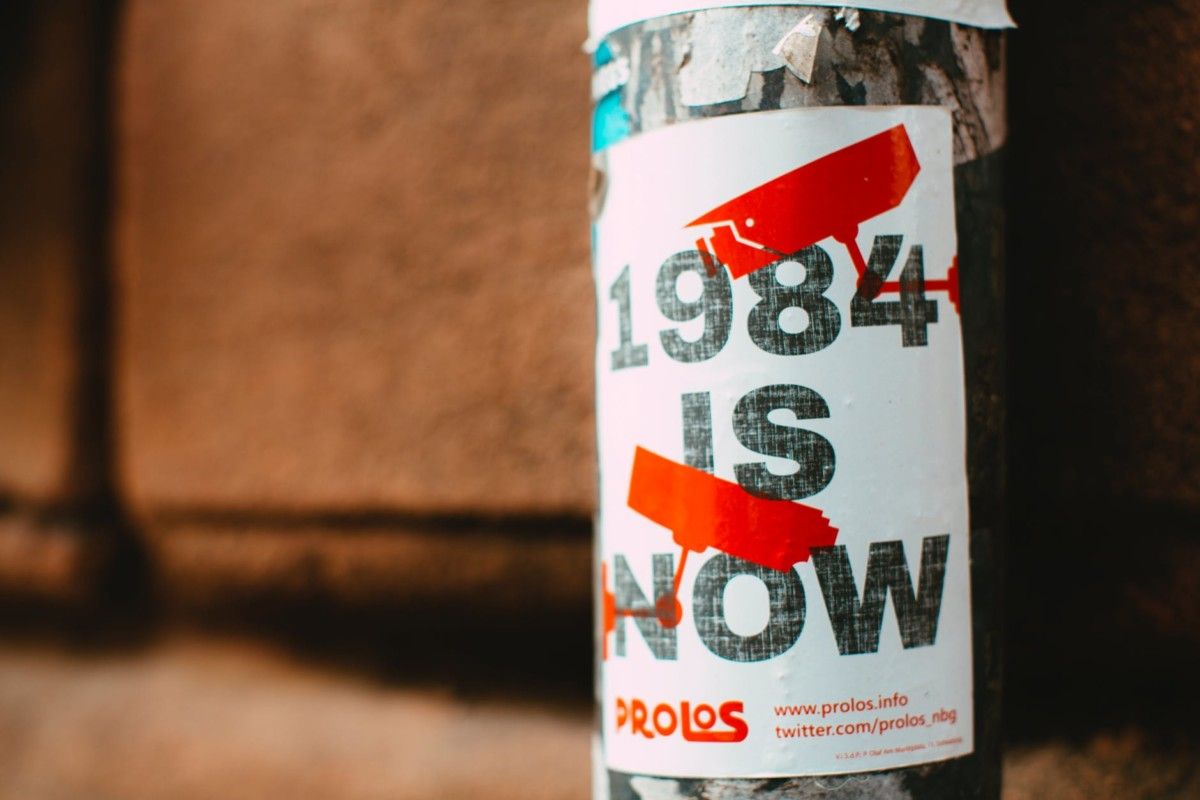Orwell Was Right
From free speech to "spheres of influence" to our passion for endless war, we've become the doublethinkers 1984 predicted. Matt Taibbi

This weekend I re-read 1984, a book I tend to reach for when I get Defcon-1 depressed about the state of the world. Deep in the novel, Winston ponders the intricacies of doublethink:
To know and not to know, to be conscious of complete truthfulness while telling carefully constructed lies, to hold simultaneously two opinions which canceled out, knowing them to be contradictory and believing in both of them… To forget whatever it was necessary to forget, then to draw it back into memory again at the moment when it was needed, and then promptly to forget it again… that was the ultimate subtlety.
In the last weeks, Russia took an already exacting speech environment to new extremes. A law was passed that would impose 15-year prison sentences for anyone spreading “fake news” about the Ukraine invasion; access was cut to Facebook and Twitter; stations like Echo Moskvi and TV Rain as well as BBC Russia, Radio Liberty, the New Times, Deutsche Welle, Doxa, and Latvia-based Meduza were effectively shut down; Wikipedia was threatened with a block over its invasion page; and national authorities have appeared to step in to prevent coverage of soldiers killed in the war, requiring local outlets to use terms like “special operation” instead. The latter development is connected to the state media regulator, Roskomnadzor, issuing a remarkably desperate dictum requiring news outlets to “use information and data received by them only from official Russian sources.” . . .
On the flip side, a slew of actions have been taken to crack down on “fake news” and “misinformation” in the West. The big one was the European Union banning RT and Sputnik. . . YouTube banned Oliver Stone’s documentary Ukraine on Fire, while Netflix is going so far as to shelve a production of Anna Karenina.
